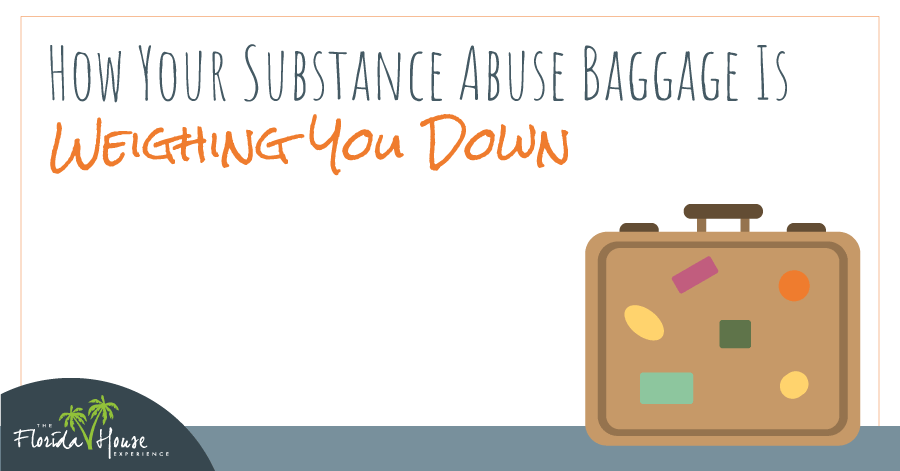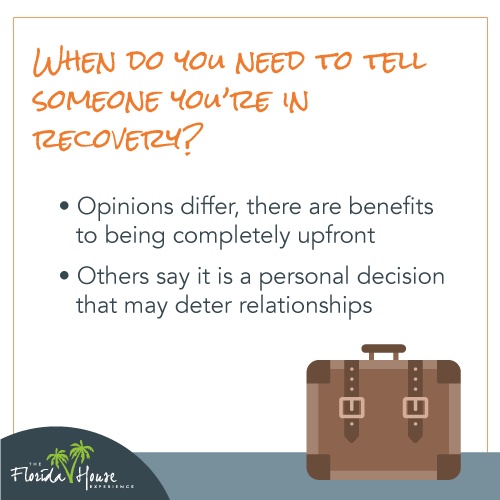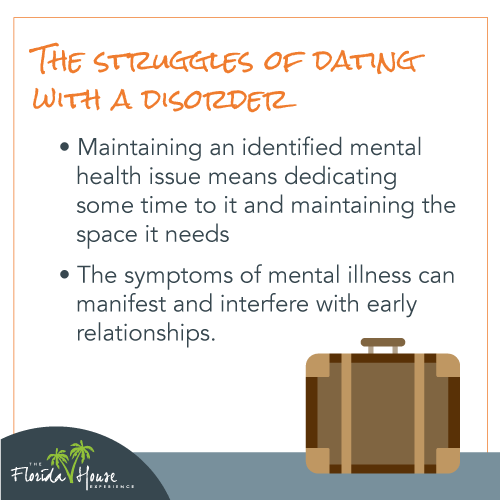
A common topic of discussion in recovery is whether someone can find a lasting romantic connection with another person in spite of their addiction or mental health disorder, and the fact is, it’s not easy.
There are a huge number of ways your recovery can wreak havoc on your ability to have a functioning relationship. Nevertheless, human beings tend to have a natural attraction to an emotional connection with other people. We seek relationships even when they may not be in our best interests or the best interests of our recovery.
Is Love Possible During Recovery?
So, is it possible to have a functional, romantic relationship while in recovery? The short answer is yes. With open communication, love, and respect, it’s possible to navigate recovery with another person at your side. An important piece of the puzzle, however, is making sure your recovery comes before your desire to build a connection with another person.
In this piece, we discuss the ways in which addiction and mental health disorders can impact relationships and how to overcome these roadblocks for more stable relationships while in recovery.
Relationships and Recovery from Addiction
It’s no secret that addiction can be very harmful to relationships, and it’s true: A relationship with an addict who isn’t trying to better themselves or admit they have a problem can be impossible.
But what about when you’re in recovery?
Relationships Between Recovering Addicts and Others
 When you’re recovering from a substance use disorder (SUD), the further away from your treatment you get, the more functional and normal you might feel. It’s very common to end up dating someone who isn’t and never has been in recovery. But, as an addict, the type of person you choose to enter a relationship with is crucial.
When you’re recovering from a substance use disorder (SUD), the further away from your treatment you get, the more functional and normal you might feel. It’s very common to end up dating someone who isn’t and never has been in recovery. But, as an addict, the type of person you choose to enter a relationship with is crucial.
Relationships involve putting yourself into new situations and out of your comfort zone. People in recovery typically need more stability than many relationships can provide. New social groups and activities may act as triggers for you to start using.
Relationships Between Addicts
It’s very common for both people in a relationship to have a substance use disorder. If you are both able to commit to recovery, it can be invaluable to your lives and your relationship to have the ability to lean on and be leaned on by someone else going through the same thing you are.
But if you make a commitment to get clean and your significant other doesn’t, it can have the opposite effect. Living with a current user while in recovery isn’t sustainable for your lasting sobriety. People struggling with addiction, according to Psychology Today, tend to isolate themselves. They’re unpredictable because addiction is inherently selfish.
If two people in a relationship are putting themselves first, then that’s not a relationship that will yield anything positive in the long run.
How to Navigate Relationships as a Recovering Addict
Openness and empathy are key to a healthy relationship when one or both parties are struggling with addiction or in recovery. You’re both likely going to have to adjust to what’s best for the other person, and if you’re not both 100 percent committed, having a functional relationship may not be possible at all.
Relationships and Mental Health
Mental health disorders are similarly difficult to navigate as part of a romantic relationship. Conditions like anxiety and depression are not as straightforward as they seem, and the way they make a person act can ruin relationships.
Here are a few side effects of mental health disorders that may harm relationships, according to the National Alliance on Mental Illness (NAMI).
The Struggle Over How Much to Tell a Partner
The lasting stigma around mental health makes a disorder difficult to admit, even to a romantic partner. Often, this need to hide a diagnosis does more damage than the condition itself.
Shifting Moods
 People with anxiety or depression, borderline personality disorder, bipolar disorder, and other conditions may feel very loving and positive for some durations and low, negative, and pessimistic for others. This can hurt a relationship because, even though the other party isn’t the one who is struggling with their mental health, it can be difficult to maintain your emotional stability in the face of this type of treatment.
People with anxiety or depression, borderline personality disorder, bipolar disorder, and other conditions may feel very loving and positive for some durations and low, negative, and pessimistic for others. This can hurt a relationship because, even though the other party isn’t the one who is struggling with their mental health, it can be difficult to maintain your emotional stability in the face of this type of treatment.
Additionally, many of the medications used in treating a variety of mental health disorders can present obstacles that may be difficult for relationships to overcome, especially when these relationships are still fresh. These include changing moods during the time it takes someone to find antidepressants or antipsychotics that work for them and adjusting to side effects like decreased sex drive from the medications themselves.
The Complexity of Mental Health, Addiction, and Intimacy
Because mental health and addiction are so commonly intertwined, relationships can be much more complicated than they seem when one or both parties are currently in recovery.
Intimacy issues caused by trauma are mental health issues. Many people who experience trauma suffer from one or more mental health disorders as a result. A common coping method is to abuse controlled substances as a way to escape.
That’s why it’s crucial to put your recovery first, no matter how tempting it can be to get into a relationship soon after receiving treatment. This applies to recovery from mental health disorders, addiction, OR both.
The Bottom Line
Remember, recovery necessarily involves being selfish at times. It’s a tremendously difficult process, and you have to put yourself first, especially at the beginning. This, understandably, can put a strain on a relationship.
We’re not going to say that you should avoid romantic relationships at all costs when you get out of treatment, however. Many people are in strong relationships before they start their recovery and can leverage this support for better outcomes.
For advice on relationships or to get help with your recovery, contact FHE Health today. We can help you with the guidance you need to get your life on track.






